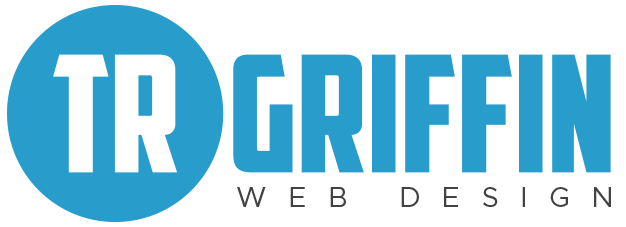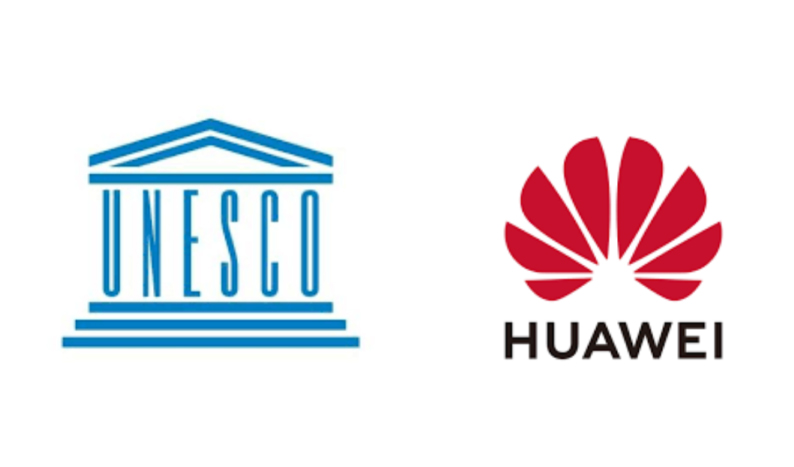UNESCO-Huawei TeOSS Project: Revolutionizing Education in Egypt, Ethiopia, and Ghana. In a significant partnership, UNESCO is joining forces with the Ministries of Education and other stakeholders in Egypt, Ethiopia, and Ghana to implement the three-year TeOSS (Technology-enabled Open Schools for Skills) project, set to run until August 2023. The project, established under the UNESCO-Huawei Resources-in-Trust framework, encompasses the design, pilot testing, and scaling-up of technology-enabled school systems. These systems, covering aspects such as curricula, teacher-student interactions, and social support, will be accessible in schools, homes, and various other locations, ensuring continuity and quality in education, even in times of crises like the COVID-19 pandemic.
Stefania Giannini, Assistant Director-General for Education at UNESCO, highlighted the three essential axes of the digital revolution: ensuring connectivity for all, creating free public digital learning content and platforms, and focusing on how technology can enhance pedagogical innovation and change.
The TeOSS project is meticulously planned in close collaboration with the governments of Egypt, Ghana, and Ethiopia and is closely aligned with their respective national strategies, tailoring each project to meet specific local needs.
Egypt: The project in Egypt involves the development of an ICT skills framework for K-12 teachers and students. It includes training for digital courseware development experts, as well as primary and junior high school teachers. Furthermore, a National Distance Learning Center will be established to facilitate nationwide educator professional development.
Ethiopia: The focus in Ethiopia is on expanding ICT infrastructure to connect pilot schools, train teachers and students, and develop a Learning Management System integrated with a Teacher Training Program.
Ghana: In Ghana, the emphasis is on creating digital content for all subjects, offering training for teachers and students in primary and junior high schools. Additionally, the project aims to build an e-repository where teachers can upload content that students can access online and offline with minimal supervision.
The TeOSS initiative aligns with Huawei’s TECH4ALL program, which strives to promote educational equity and quality through technology. TECH4ALL aims to enhance digital access, improve digital skills, and establish high-quality education systems. Huawei’s ICT Academy program plays a pivotal role in nurturing ICT talent by enhancing digital competencies.
Zhang Jing, Senior Director of Huawei Education Talent Ecosystem, Huawei ICT Academy Development, elaborated on Huawei’s one-stop support platform, ‘Huawei Talent,’ aimed at global education equity and sharing educational resources. Huawei is actively building talent alliances, enhancing skills, defining talent standards, and advocating the value of skills to make the world more digital.
Technology is already proving its inherent value in reshaping education, and its significance will only grow in the future. As Kevin Zhang, CMO of ICT Infrastructure for Huawei, stated, “Digital technology has become a new driver of productivity that supports innovation in educational models, the transformation of teaching methodologies, and smarter learning environments.” The application of technologies such as AI, computer vision, natural language processing, and speech processing holds the potential to revolutionize education.
The collaborative and innovative approach of the TeOSS project is poised to create inclusive, equitable, and high-quality education. It paves the way for reimagining education, fostering a new generation of digital schools and learners, and offering lifelong learning opportunities. This endeavor underscores the significance of global cooperation in innovating education and advancing digital solutions.

